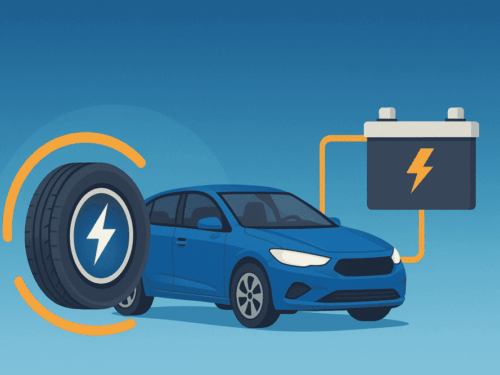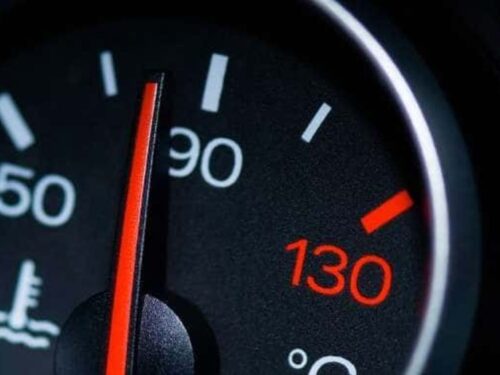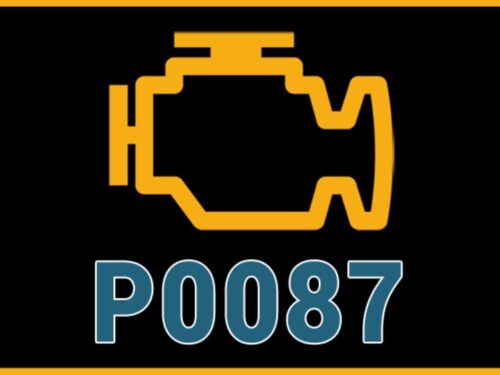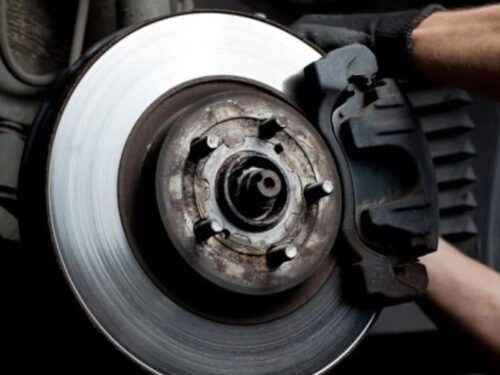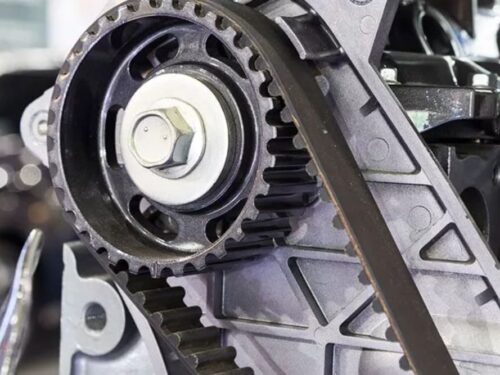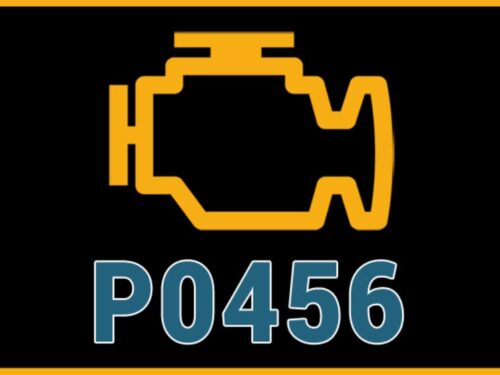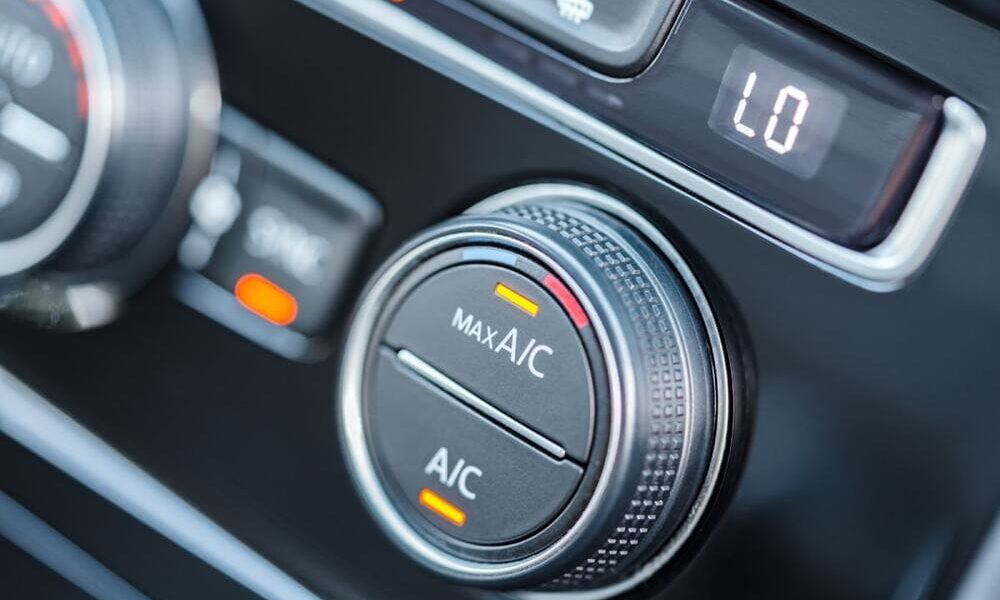
It’s hard to imagine the daily commute in our cars in the summers without keeping the A/C turned on. Not only does it help aid in our comfort, but when the mercury starts reaching ranges above 100 degrees, it is a complete necessity to prevent heat-related health risks such as heat stroke. Thus, if your car’s air conditioning is giving issues, you should have it checked immediately. Below are 7 common car air conditioning problems and how they can be resolved.
1. Refrigerant Leakage
Among the most frequent causes behind why your car’s air conditioning might not be working is because of refrigerant leakage. As the A/C system ages and experiences wear and tear, leakage can occur at any part of it. However, most commonly, it tends to occur at the air conditioning hose connections.
If you feel this might be the cause, be sure to check in with an experienced car technician who may be able to locate the sources of the leakage and apply a special sealant to close them. In addition, they may then perform any further repairs if needed as well as the evacuation and recharge.
2. Bad Compressor
The A/C compressor is what circulates the refrigerant through the system and enables cold air to flow inside the car. There are many causes behind why the compressor may go bad or require replacement altogether. One of the chief reasons is that it has been kept dormant for a long period of time. Then, when you do start it, the sudden jolt may damage its internal components.
The solution to avoiding this predicament is simple. Just once a week, run your air conditioner at full blast for some 10-18 minutes. Do this even if the outside temperature isn’t hot, this habit will help keep the compressor in proper working condition at all times and greatly extend its lifespan.
3. Blocked or Broken Condenser
If the car’s air conditioning system is only blowing hot air, most likely, the problem could be with the condenser. This is the component responsible for re-cooling the refrigerant by allowing incoming airflow to dispel the excess heat.
However, if the path of the airflow gets blocked due to debris, gunk, or some other cause, the refrigerant isn’t cooled down properly, and hot air gets blown out as a result. Fortunately, the fixture for this problem is quite simple. The condenser unit is very easy to identify and locate – on most cars, it is found at the very front, behind the grill. You can visually spot if anything is causing the block and have it addressed
Sometimes, a broken condenser could also be a factor. It could be the result of equipment failure due to age or because of some roadside debris managing to go through the grill and casing, damaging the component. If that is the case, check-in with an experienced technician to see whether the problem can be resolved with repairs or whether a full replacement is required.
4. Faulty Cooling Fan
If you find that there is no issue with the condenser but the A/C is still blowing hot air, then the next likely culprit could a faulty cooling fan. Checking for the problem is easy. Simply open the car’s hood, start the engine and put your A/C on full blast. If you see that the cooling fan isn’t running, the most likely cause could be age; over time, cracks can develop, leading to equipment failure. Other common reasons could relate to electrical issues such as blown off fuses.
5. Wiring Issues
Various electrical wiring within your car can easily get damaged. Mice or other critters could chew on them; excess heating could melt the copper; their ends could loosen or break altogether; or, they could corrode due to too much exposure from the elements.
Understanding, diagnosing this issue can be a bit difficult. You can try doing a visual inspection first to identify any faulty wiring and see if it can be amended through a simple fixture, such as with electrical tap or replacement with new wiring. If the issue can’t be resolved this way, consider having the car inspected by professionals for further diagnosis.
6. Your Car is Overheating
If you suddenly see that you A/C is no longer giving off cool air, check to see if it is a result of your car overheating. Your car can overheat for a number of reasons, and the excess heat can make it impossible for the A/C system to cool the refrigerant or even function properly.
Continuing to drive an overheated is highly dangerous. If the temperature gauge is approaching near the red, turn off your car immediately and quickly call for professional help. Be also sure to check if the car coolant isn’t empty or leaking, as this tends to be the most common cause behind this.
7. Detached or Damaged Belts and Hoses
Your car’s air conditioning unit is equipped with many belts and hoses. Over time, as a result of aging, frequent wear, and tear or other reasons, they could become detached or damaged. This can prevent the system from operating normally or even stop functioning altogether. If you believe this to be the problem, there isn’t much you can do yourself to resolve it effectively. The best course of action is to take the car to an auto inspection and repair service.
Courtesy of paautoinspection

